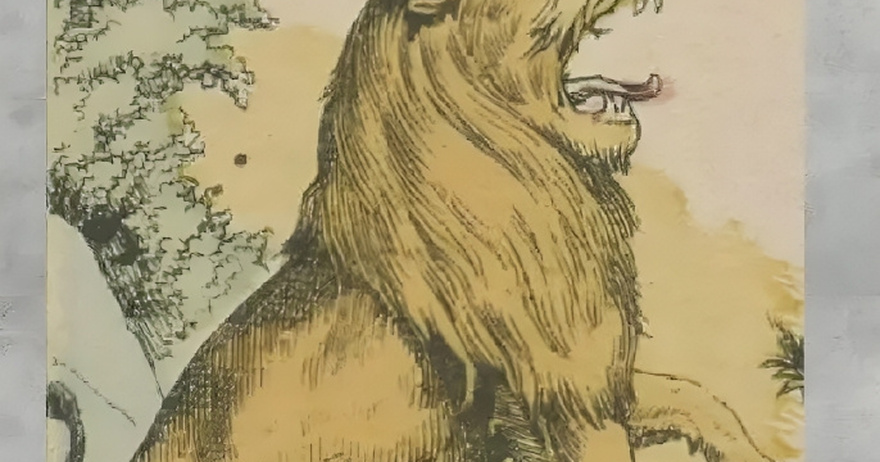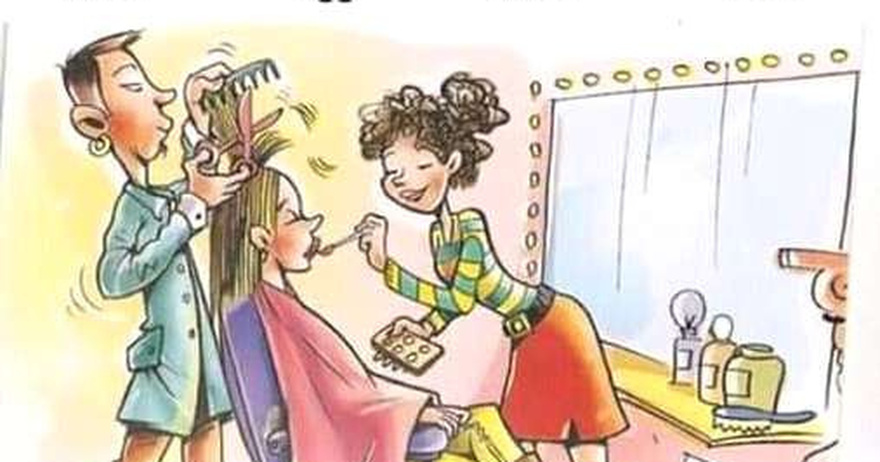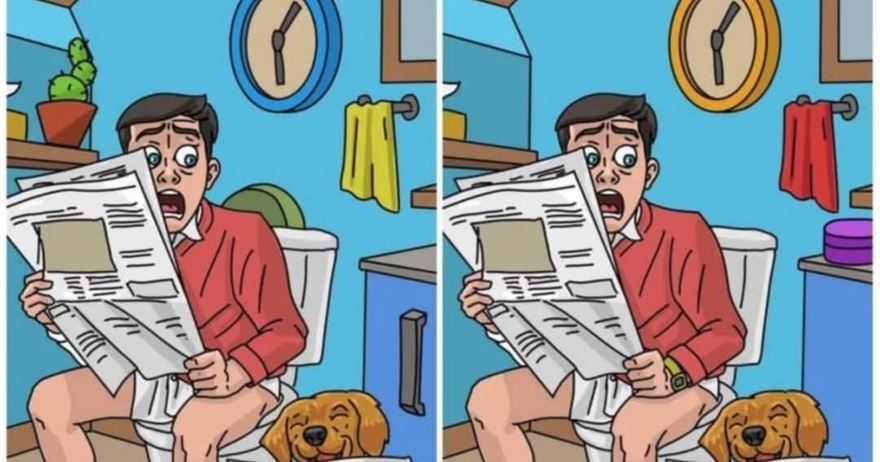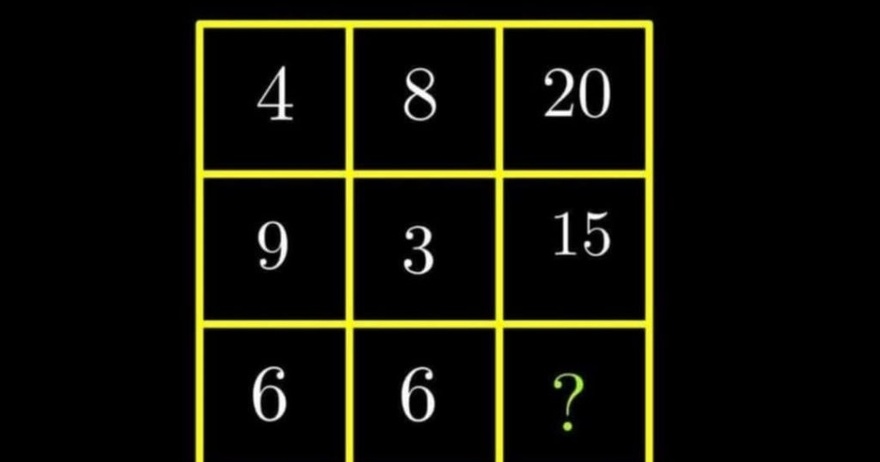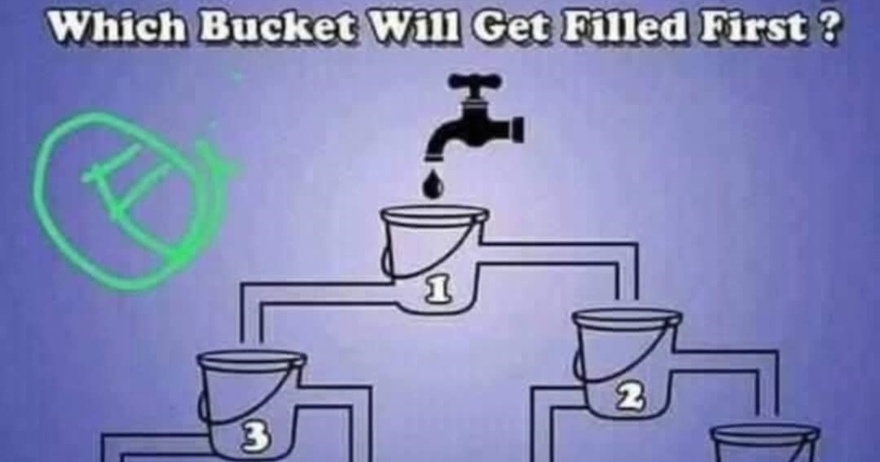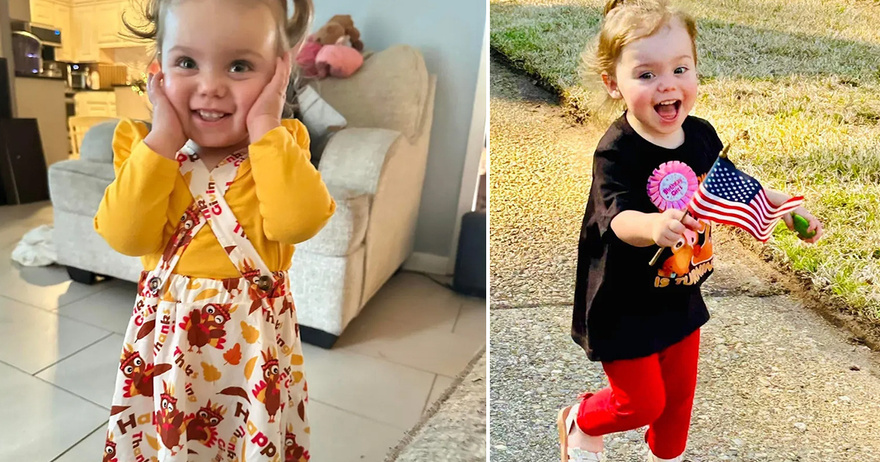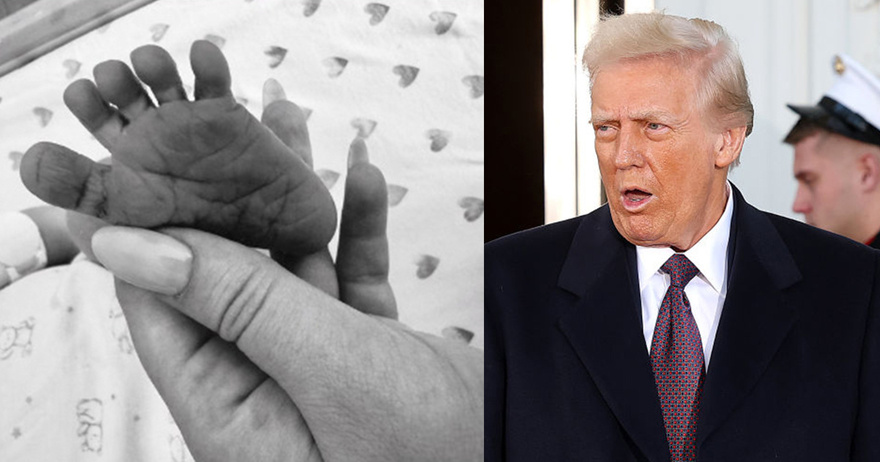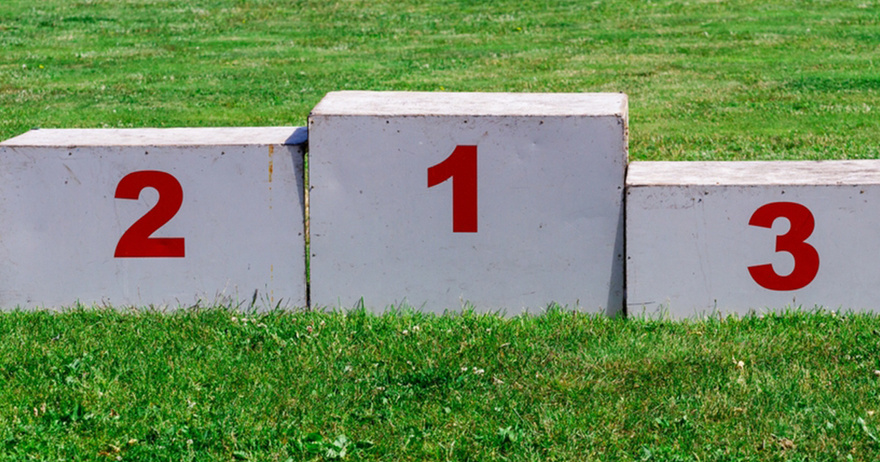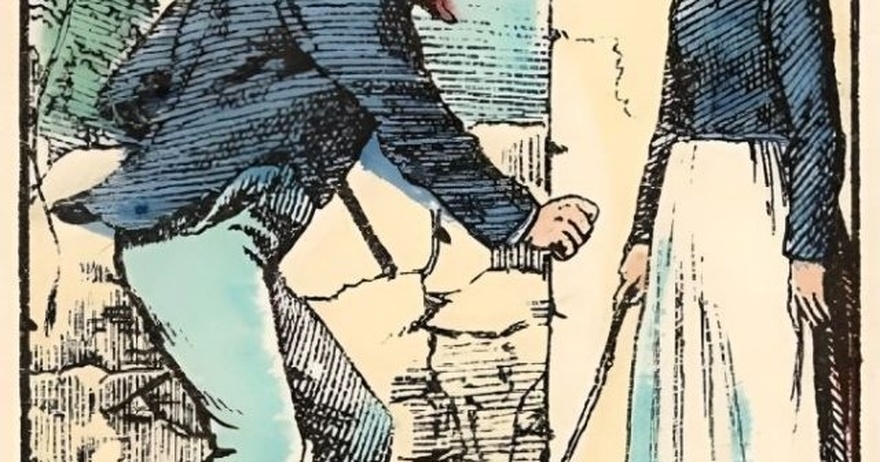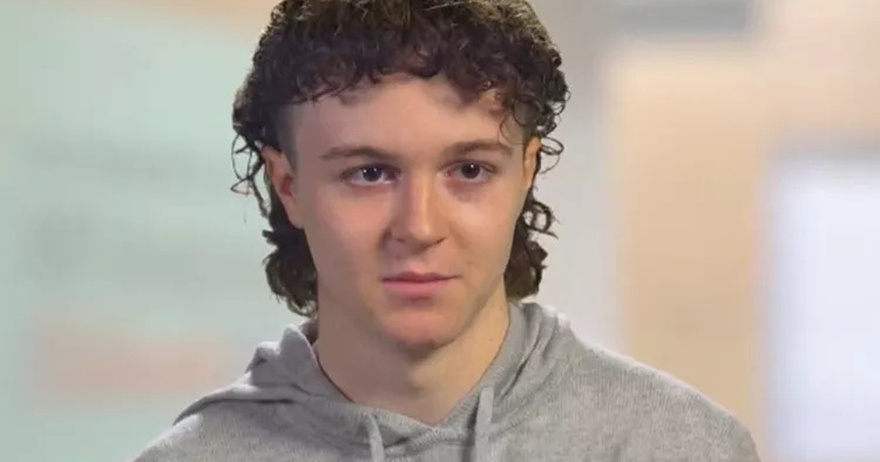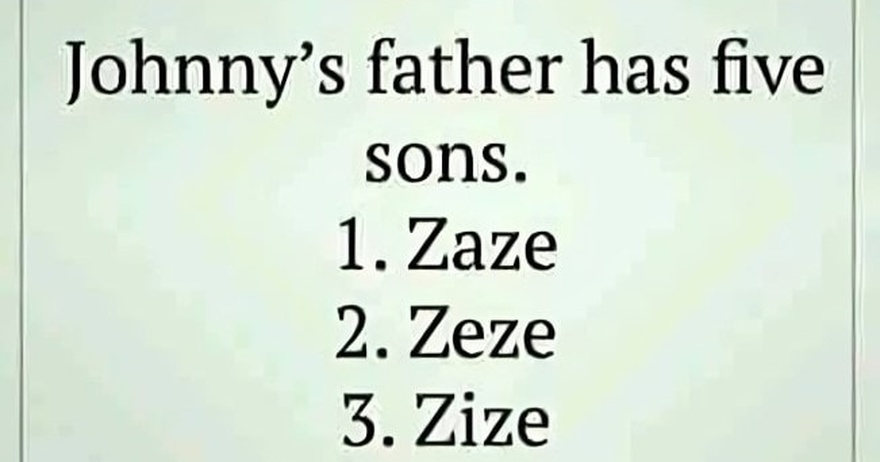Are you ready for a quick mental workout? Here’s a classic visual puzzle that has left countless people scratching their heads. Somewhere in the image, two tiny mice are cleverly hidden, blending perfectly into the scene. Your mission? Spot them! Sounds simple enough, doesn’t it? But don’t be fooled—this challenge has a sneaky way of tricking even the sharpest eyes.
Take a moment to closely examine the picture. Have you found the two mice yet? If not, don’t worry. Stick around as we walk you through the solution step by step and explain why puzzles like these are not just fun but also beneficial for sharpening your mind.
Why Are Puzzles Like This So Challenging?
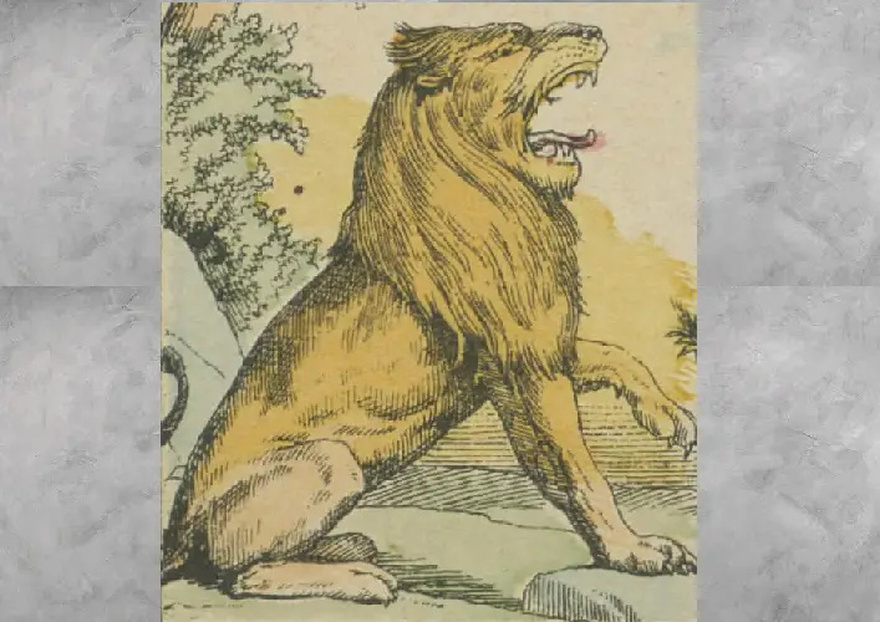
At first glance, the image might look straightforward. The centerpiece—a roaring lion—grabs your attention instantly. But that’s the trick. The mice are hidden so skillfully that your brain is likely to dismiss them as unimportant background details.
Here’s why this puzzle is so deceptively tricky:
Focus Bias: Your brain is wired to focus on the most dominant part of the image—in this case, the lion. This can cause you to overlook smaller, less obvious elements.
Scale Misjudgment: Most people expect the mice to be proportionate to the lion’s size. This bias makes it harder to spot the much smaller, subtler shapes.
Overlooking the Details: Visual puzzles require a slower, more deliberate approach. Many people rush through the image, missing the finer details that hide the solution.
These challenges make the puzzle frustrating at first, but the payoff of spotting the mice is incredibly satisfying!
Common Mistakes People Make While Solving This Puzzle
Before we dive into the solution, let’s look at the common pitfalls that might be keeping you from finding the mice:
Only Scanning the Lion’s Mane: Many assume the mice must be cleverly hidden in the mane because it’s the most detailed part of the lion. While it’s a good starting point, this assumption can blind you to other areas of the image.
Ignoring the Background: Some people focus solely on the lion, forgetting to examine the background. The mice might be hiding in plain sight, camouflaged against the surrounding scenery.
Rushing the Process: Solving puzzles like this requires patience. If you’re scanning too quickly, you’ll likely miss the subtle hints that give the mice away.
With these common mistakes in mind, let’s approach the puzzle with fresh eyes and a systematic strategy.
Step-by-Step Guide to Finding the Hidden Mice
If you’re still stumped, don’t worry! Let’s break the puzzle down step by step and uncover the solution together.
Step 1: Focus on the Lion’s Face
Start by examining the lion’s face closely. Pay particular attention to its nose. Do you notice anything unusual about the tip? If you look carefully, you’ll spot the first mouse cleverly disguised as part of the lion’s nose. The tiny shape of its ears and tail gives it away. It’s subtle but unmistakable once you see it.
Step 2: Shift to the Lion’s Right Paw
Next, direct your attention to the lion’s right paw—the one slightly lifted off the ground. At first glance, it might look like an ordinary shadow or texture. But upon closer inspection, you’ll notice the second mouse nestled on the paw. Its rounded shape and position make it stand out once you know where to look.
The Solution: Here’s Where the Mice Are Hidden
Congratulations if you’ve spotted them! If not, here’s the definitive answer:

Mouse #1: Hidden on the lion’s nose, blending seamlessly into its facial features.
Mouse #2: Sitting on the lion’s right paw, camouflaged against its fur texture.
These tiny mice are easy to miss but incredibly satisfying to find once you know their locations.
Why Are Puzzles Like This Good for You?
Sure, puzzles like these are fun and entertaining, but they also offer surprising benefits for your brain. Here’s why you should embrace these visual challenges:
Improves Attention to Detail: Solving puzzles like this forces you to focus on every tiny element, honing your ability to notice subtle differences.
Boosts Patience and Concentration: It’s not about rushing to the finish line—it’s about taking your time to observe and analyze.
Encourages Creative Thinking: Puzzles like this teach you to think outside the box and look at problems from different angles.
Sharpens Problem-Solving Skills: Spotting hidden details in a puzzle translates to better problem-solving abilities in real-life situations.
So, the next time you tackle a puzzle, remember that you’re not just having fun—you’re giving your brain a workout!
Share Your Experience!
Did you manage to find the two mice? How long did it take you? Were you stumped by the lion’s clever camouflage, or did you spot the mice right away? Share your experience in the comments below—we’d love to hear how you approached the puzzle.
And don’t keep this challenge to yourself! Share it with your friends and family to see who has the sharpest eyes. Puzzles like these are a great way to spark friendly competition and keep your brain sharp.
Conclusion: Look Beyond the Obvious
This puzzle is more than just a game—it’s a reminder to slow down and look beyond the obvious. In life, just like in this image, the most important details are often hidden in plain sight. Whether it’s a mouse on a lion’s nose or an opportunity in your daily routine, taking the time to notice the little things can make all the difference.
So, the next time you encounter a challenge—be it a puzzle or a real-life problem—remember to pause, change your perspective, and pay attention to the details. Who knows what hidden gems you might uncover? Until then, keep exploring, keep solving, and most importantly, keep having fun!
